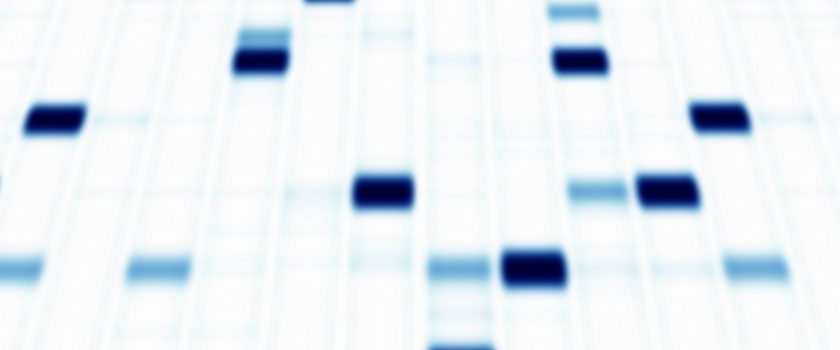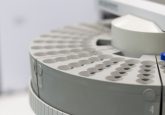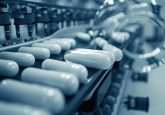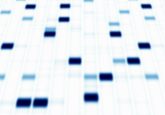Biomarkers (and biosensors)

Welcome to the Bioanalysis Zone Spotlight on Biomarkers (and biosensors)!
A biomarker is “a characteristic that is objectively measured and evaluated as an indicator of normal biologic processes, pathogenic processes, or pharmacologic responses to a therapeutic intervention.” [1]
Biomarkers are commonly used in the pharmaceutical industry to evaluate the safety and/or effectiveness of drugs. For example, they can be used to assess the binding of drugs to their target, which can be critical.
Biomarkers can also lead to significant cost reductions during drug development by enabling early proof-of-concept studies for novel therapeutic targets, thus reducing costly drug attrition rates.
The study of diagnostic and predictive biomarkers is also an area of great interest, with increasing focus on point-of-care biosensor systems.
During this Spotlight we will explore various aspects of biomarkers (and biosensors), including the different assays available, the challenges of ensuring data integrity, and more. We will be featuring a range of content, such as commentaries, interviews, webinars, a survey and a panel discussion.
References
1. Biomarkers definitions working group. Biomarkers and surrogate endpoints preferred definitions and conceptual framework. Pharm. Ther. 69, 89–95 (2001).


















